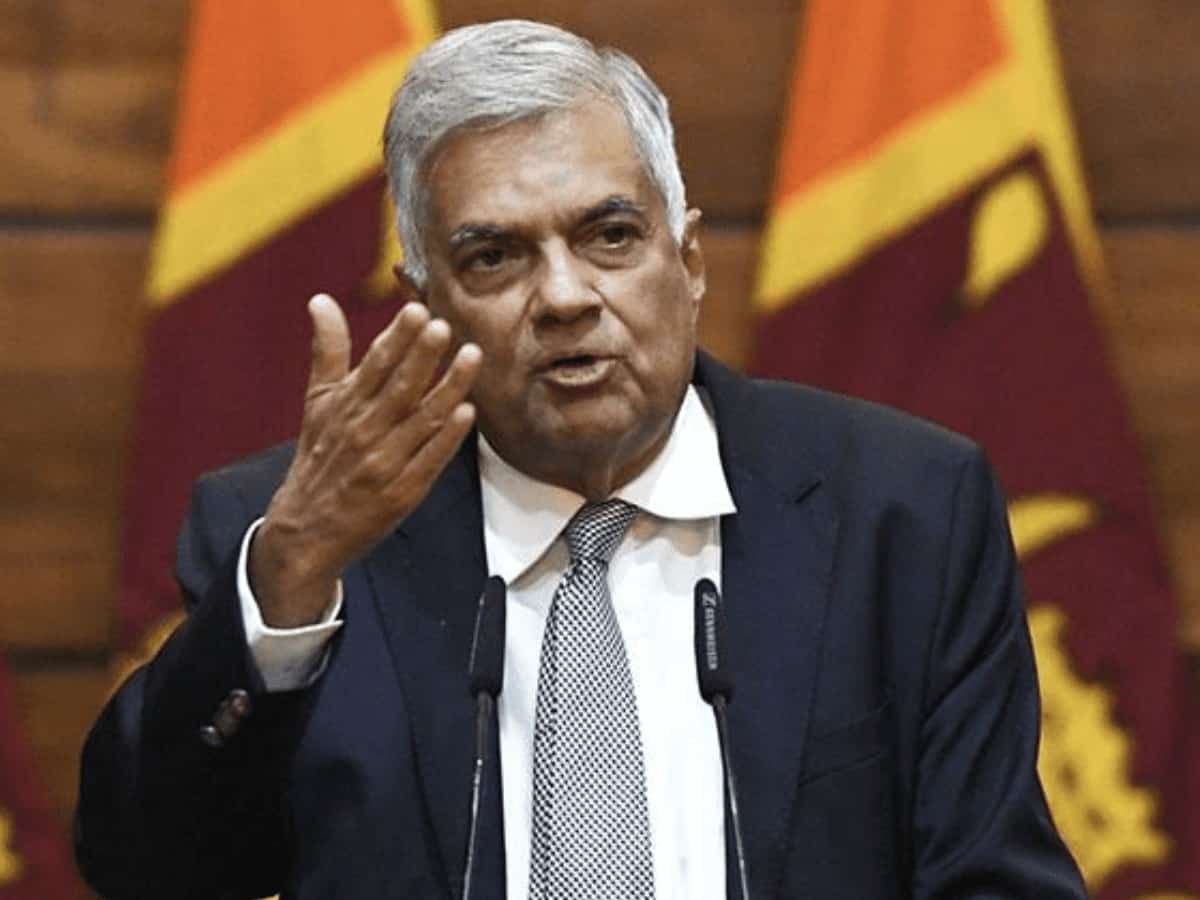
Colombo: Sri Lanka’s special cabinet meeting on Wednesday unanimously approved the government’s Domestic Debt Restructuring (DDR) plan under which the cash-strapped government aims to restructure USD 17 billion out of the total USD 41.5 billion external debt over five years.
“The proposed Domestic Debt Restructuring programme proposed by the Finance Ministry has been approved by the special cabinet meeting,” a statement by the President’s Office said.
“All government MPs were notified a short while ago at the presidential secretariat. Next, the proposal will be submitted at the next parliament session for discussion”, the statement said.
The plan will now be referred to the public finance committee in Parliament ahead of Saturday’s parliamentary session.
Earlier, President Ranil Wickremesinghe, who is also the minister of finance, explaining the DDR programme said the government aims to restructure USD 17 billion out of the total USD 41.5 billion external debt over five years.
Today’s meetings followed a special gazette notification issued Tuesday convening parliament for a special session on July 1.
The move follows the cash-strapped government’s action to declare a special bank holiday on June 30, leaving the banks to remain shut for an unprecedented five days in a row.
The central bank governor Nandalal Weerasinghe told the media on Wednesday that the cabinet approval for the DDR was crucial.
He assured that the stability of the country’s banking system would not be affected.
“I can assure you that the stability of the banking system will not be affected and your deposits will be safe from this”, Weerasinghe said.
He announced on Tuesday that a five-day cooling-off period for the banks was required in view of the DDR programme.
President Ranil Wickremesinghe had earlier given the same assurances on the stability of the banking system and public deposits.
Weerasinghe said the government had decided to restructure local debt in parallel to the ongoing restructuring of the external debt.
The International Monetary Fund which had granted a nearly USD 3 billion bailout to Sri Lanka’s bankrupt economy has made debt restructuring mandatory for the 4-year programme.
The next tranche of the fund is due in September after the review.
Sri Lanka, which announced its first-ever sovereign default in April 2022, has negotiated with the IMF for a bailout of USD 2.9 billion.
The island nation is facing its worst economic crisis in history due to a shortage of foreign exchange reserves.
An imperative in the IMF bailout is to restructure external debt, which needs to be completed by September.



